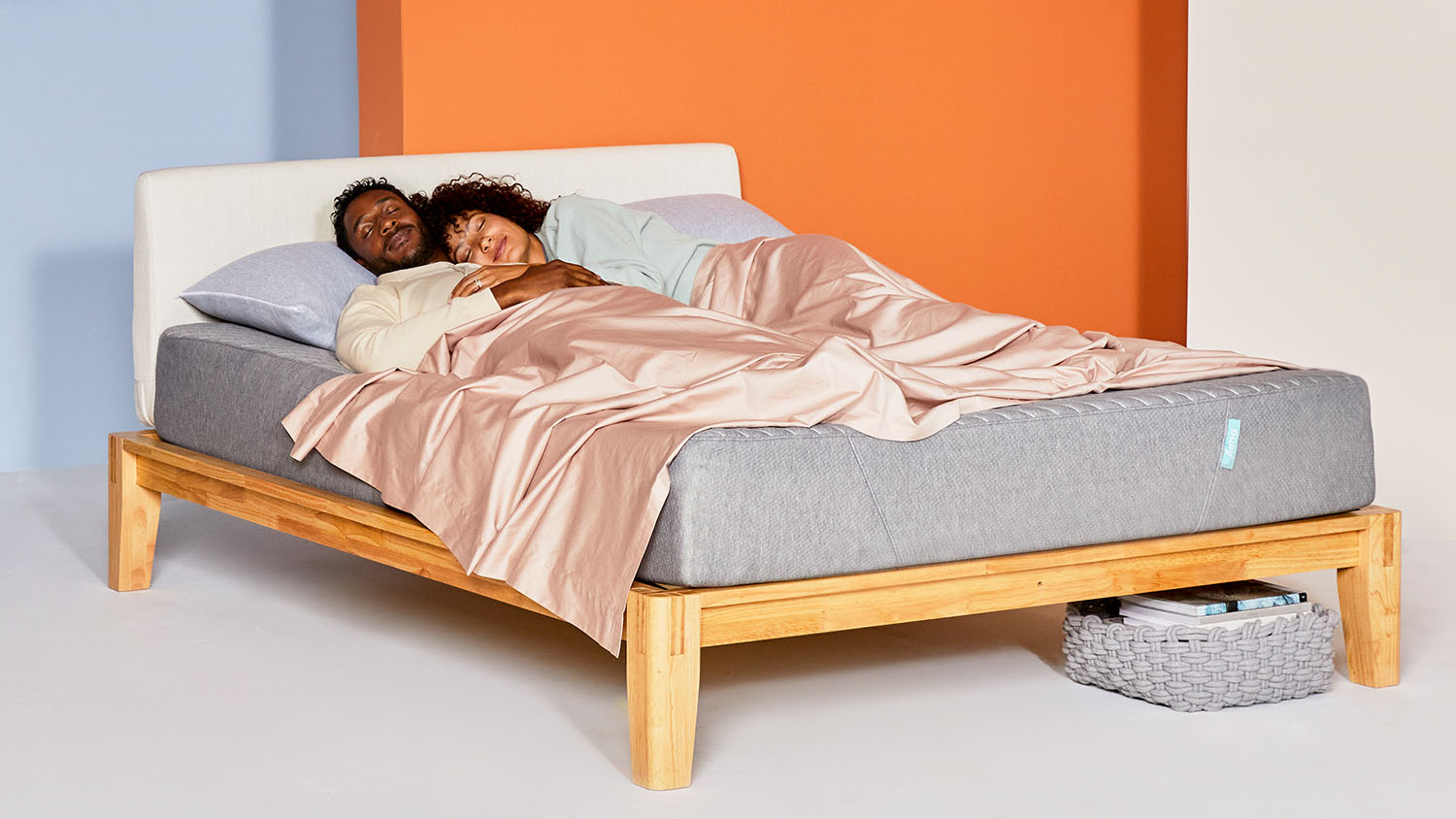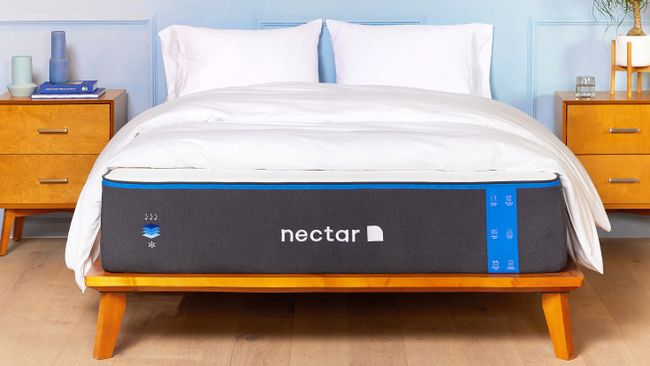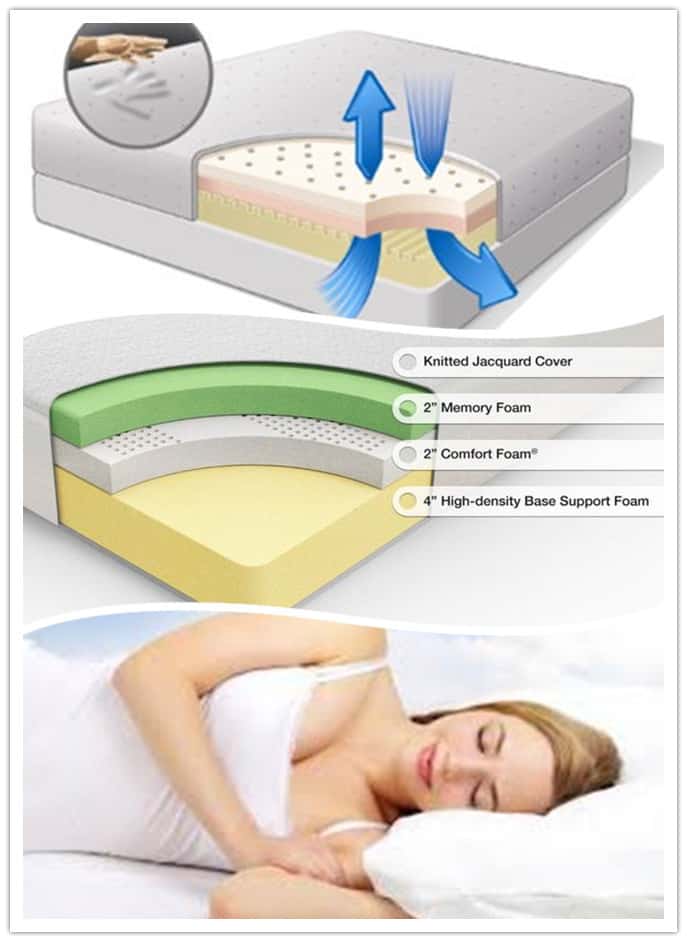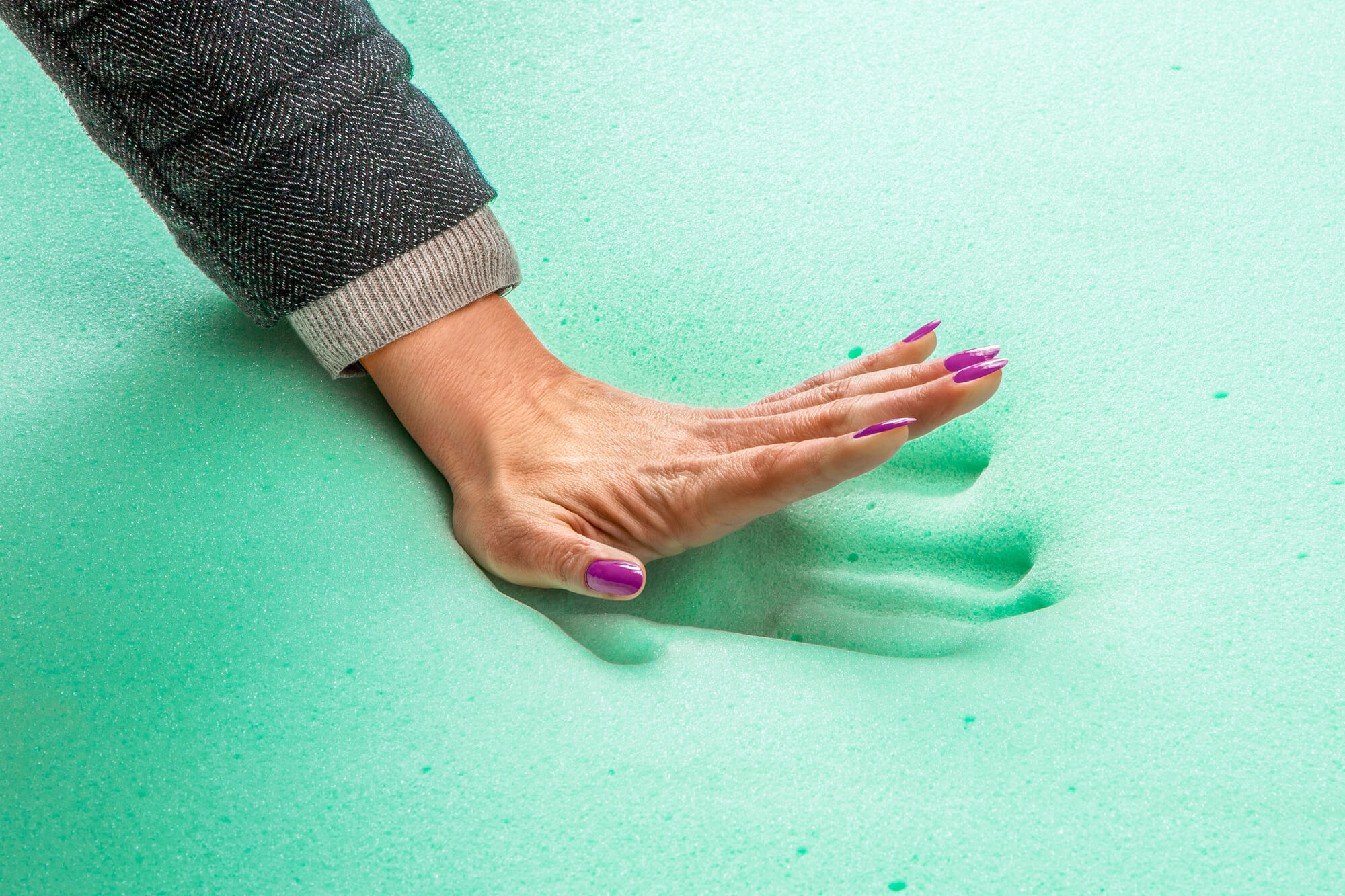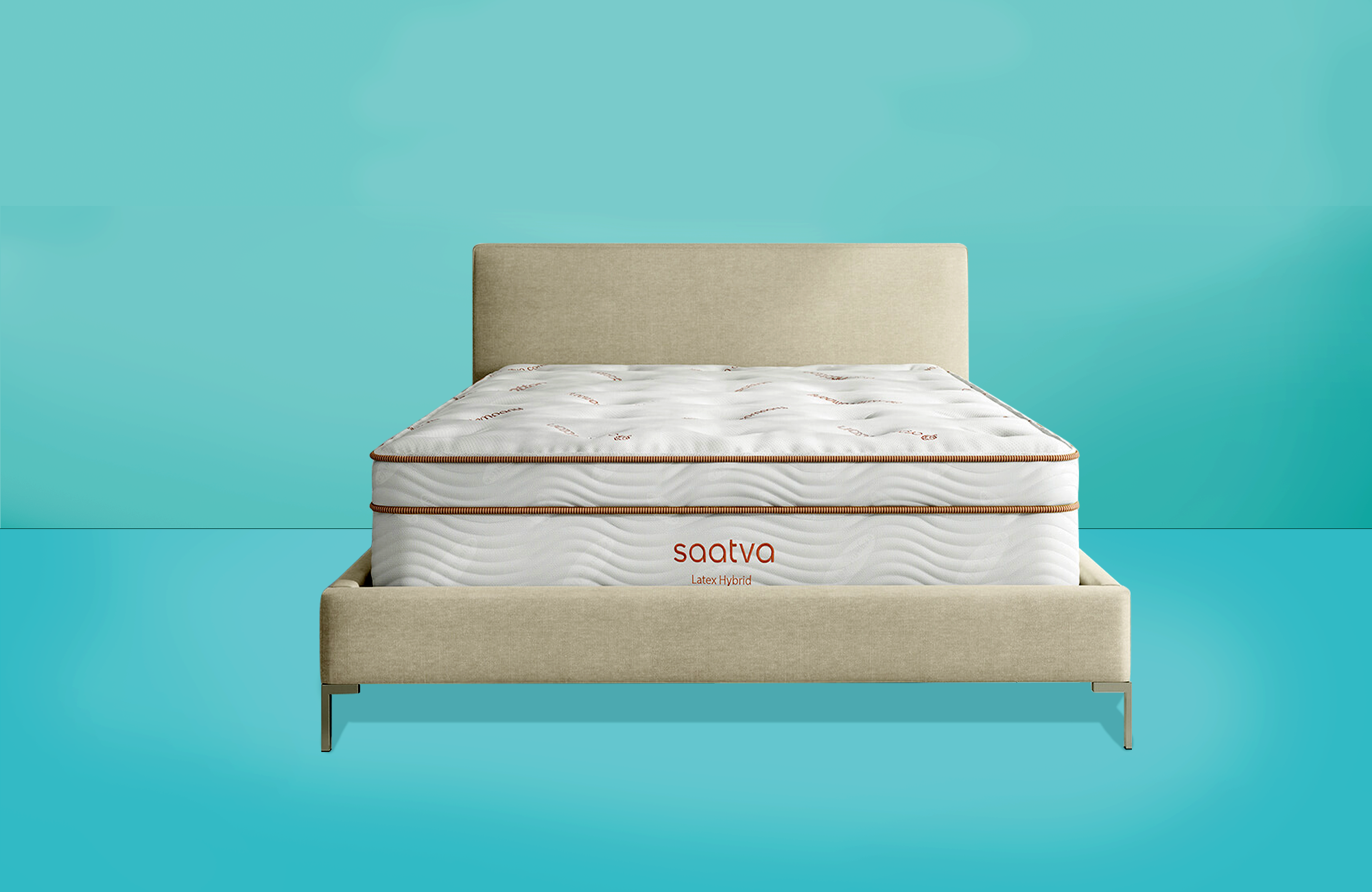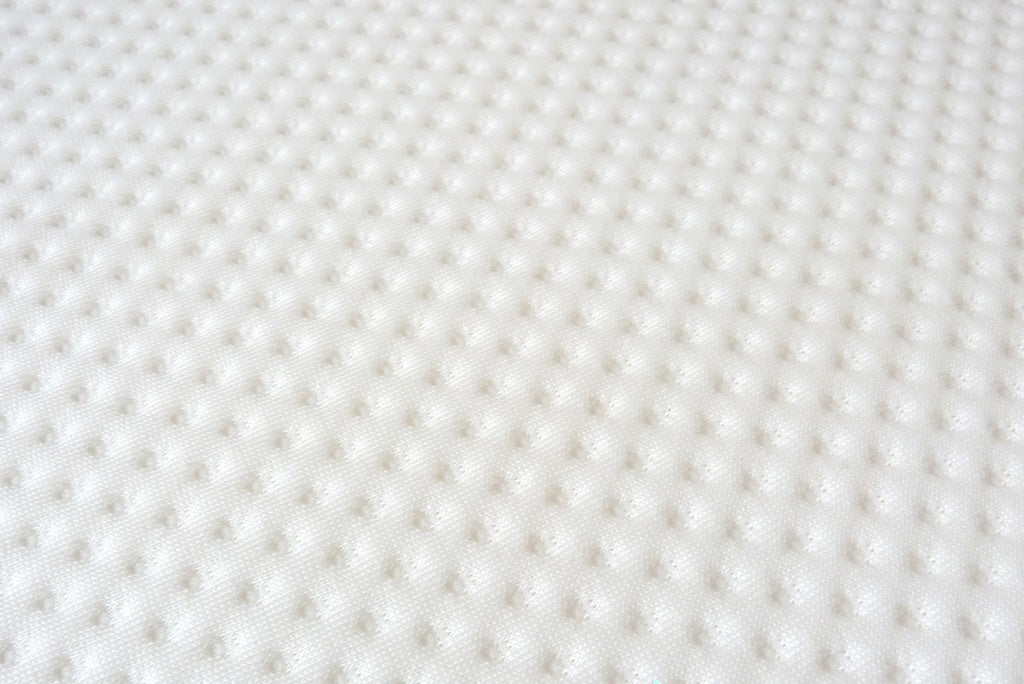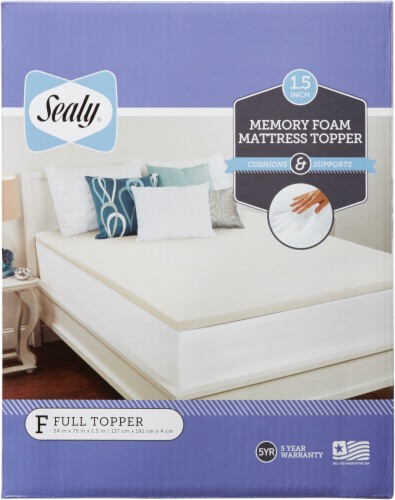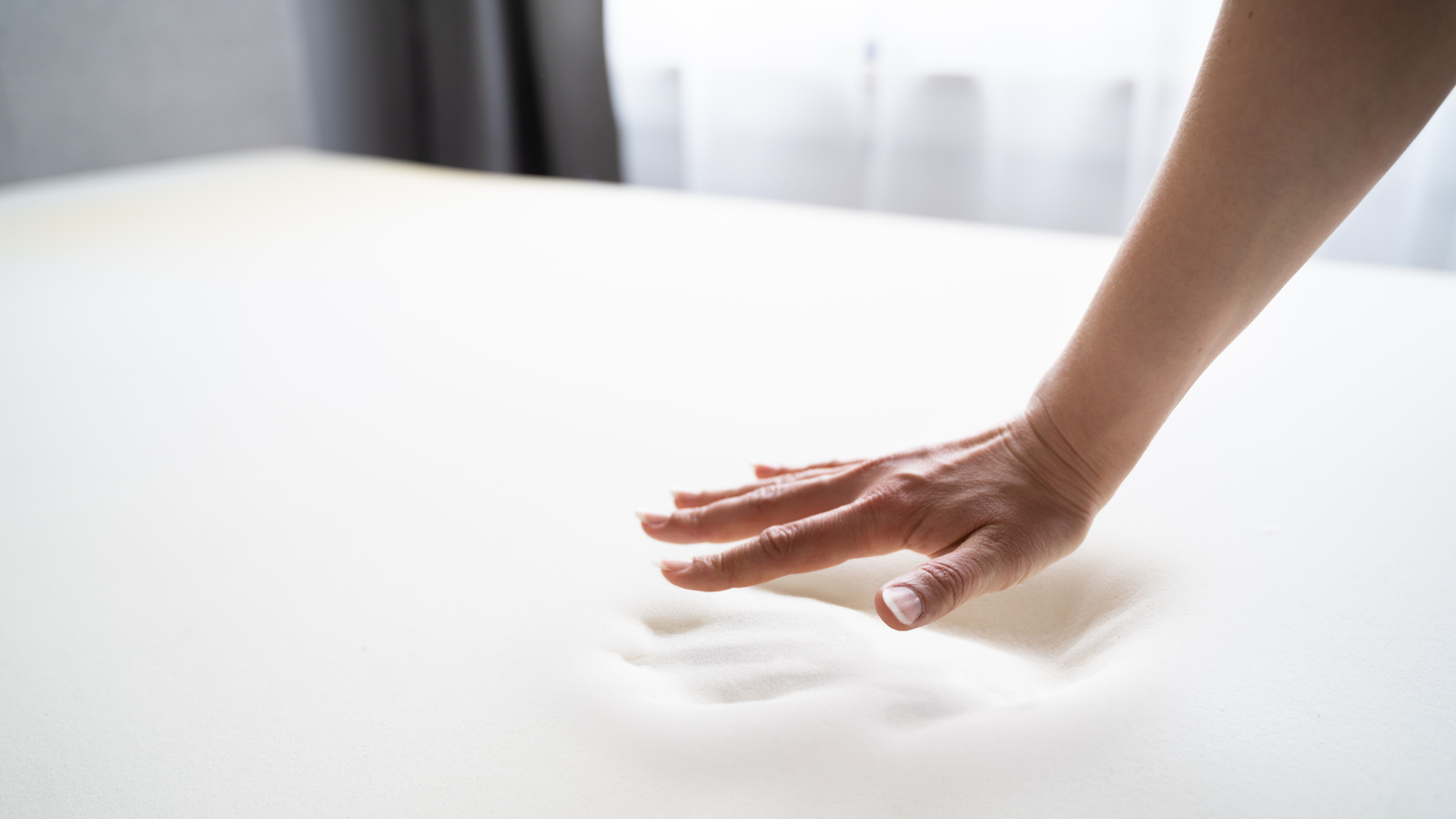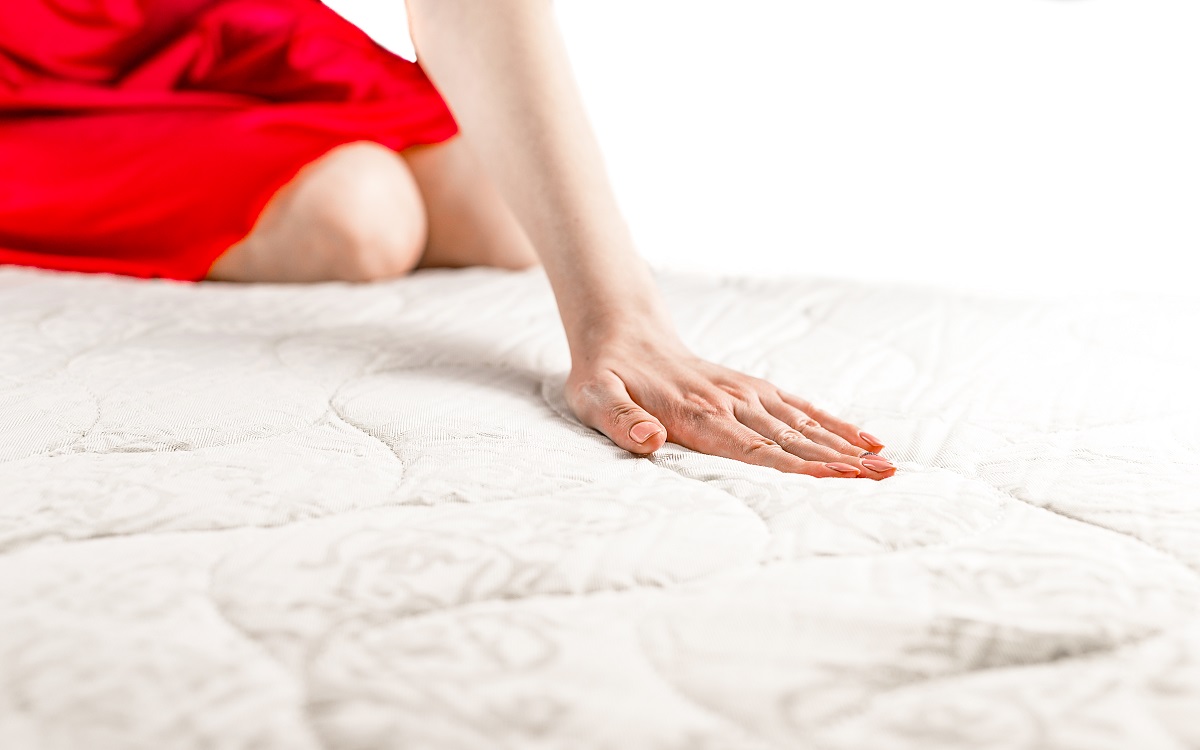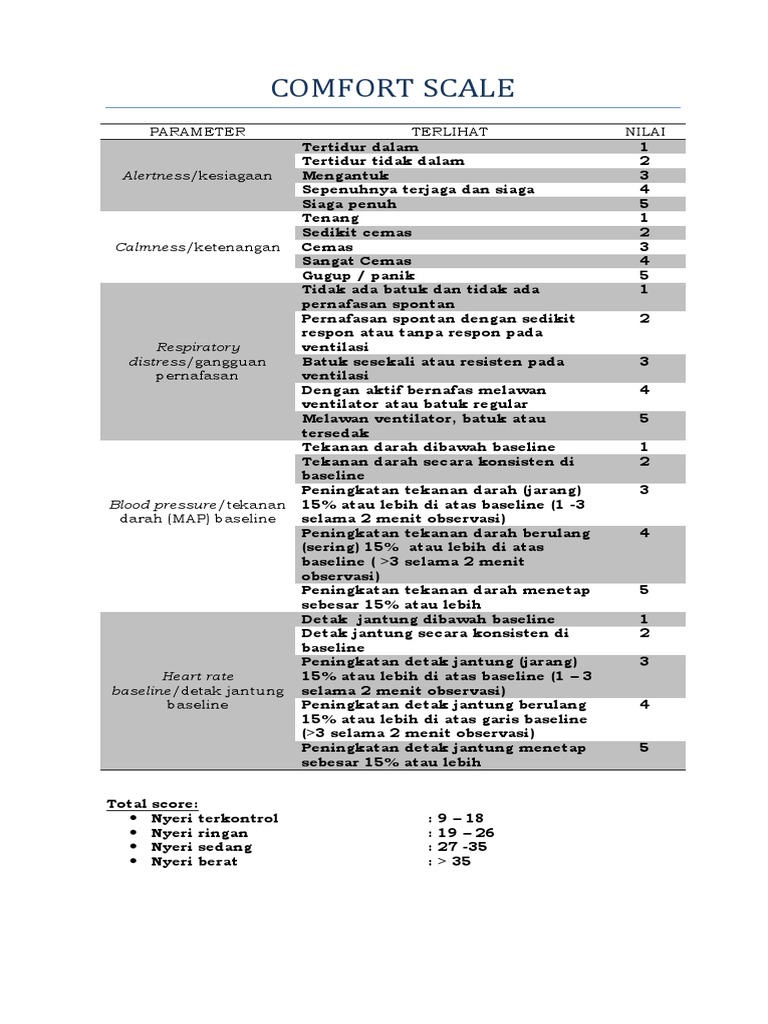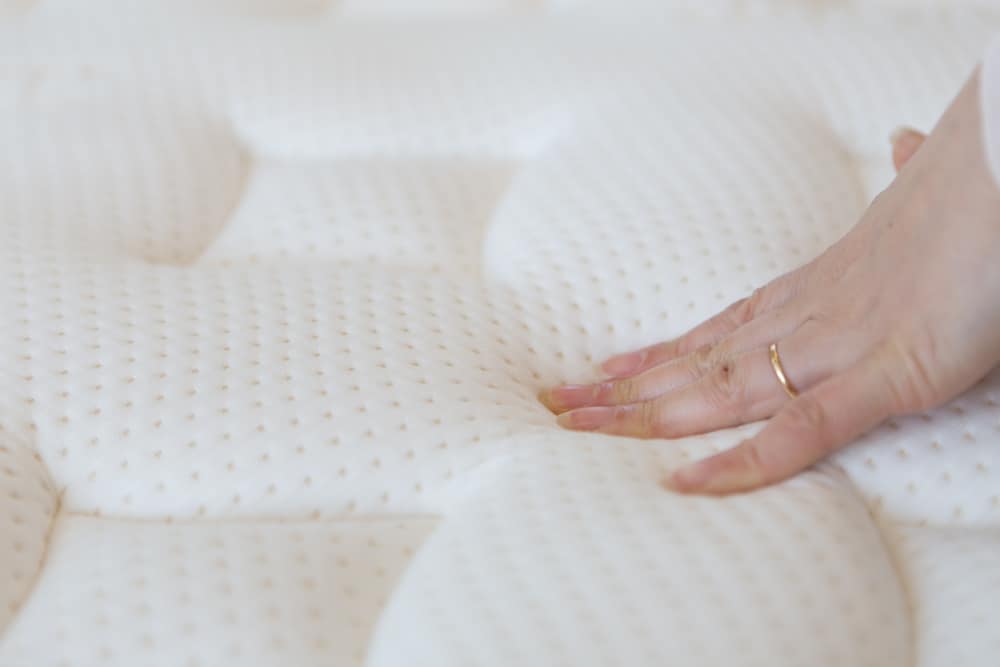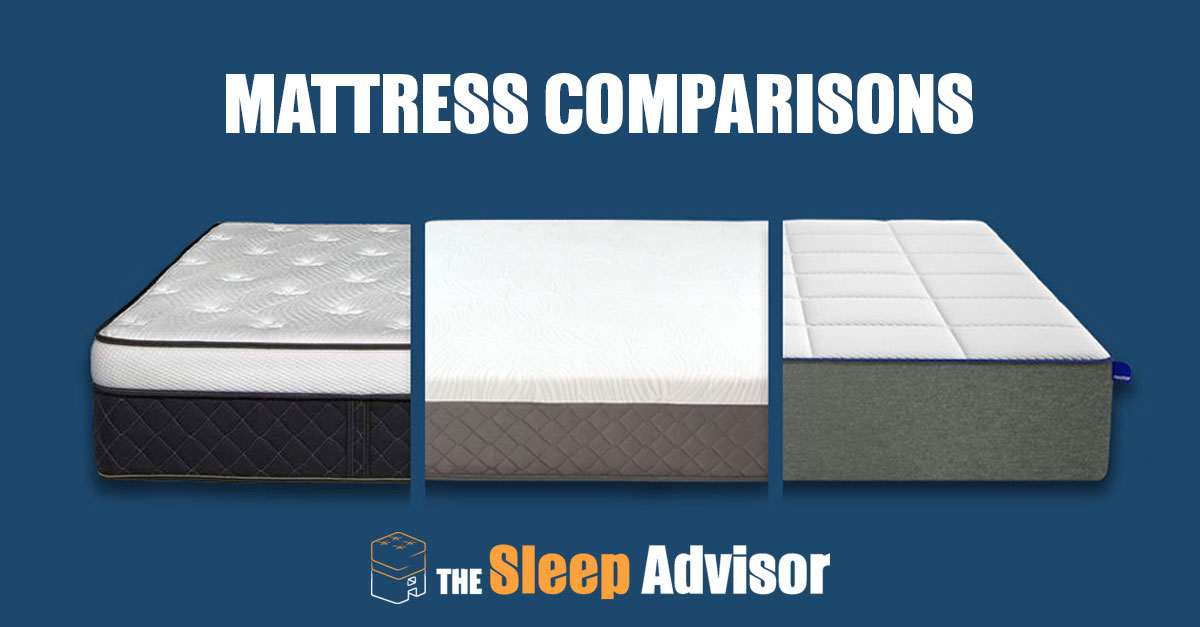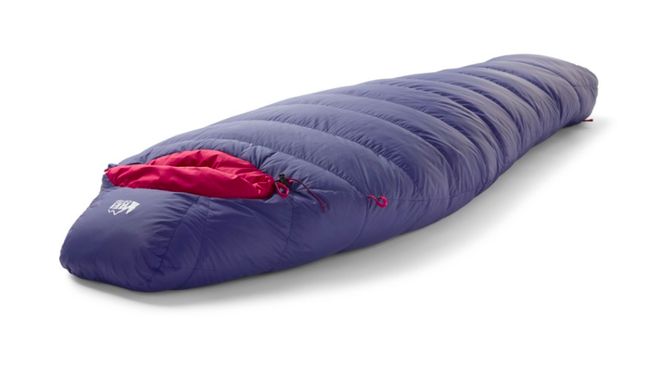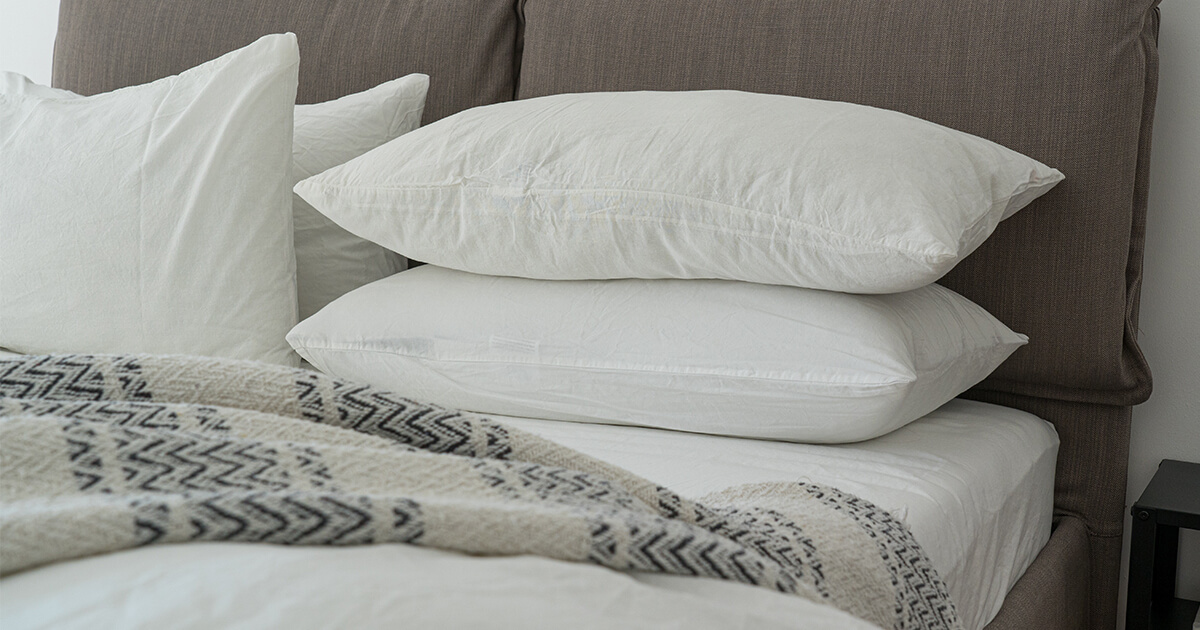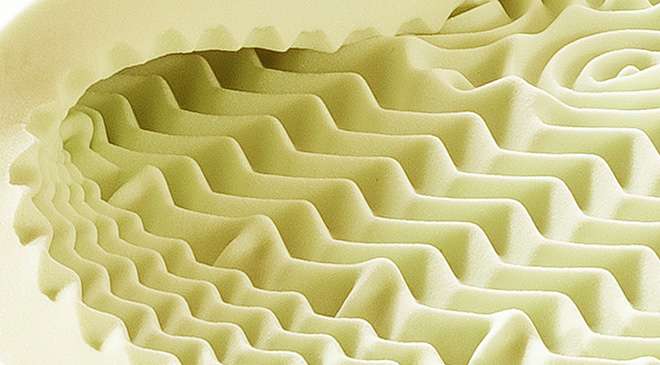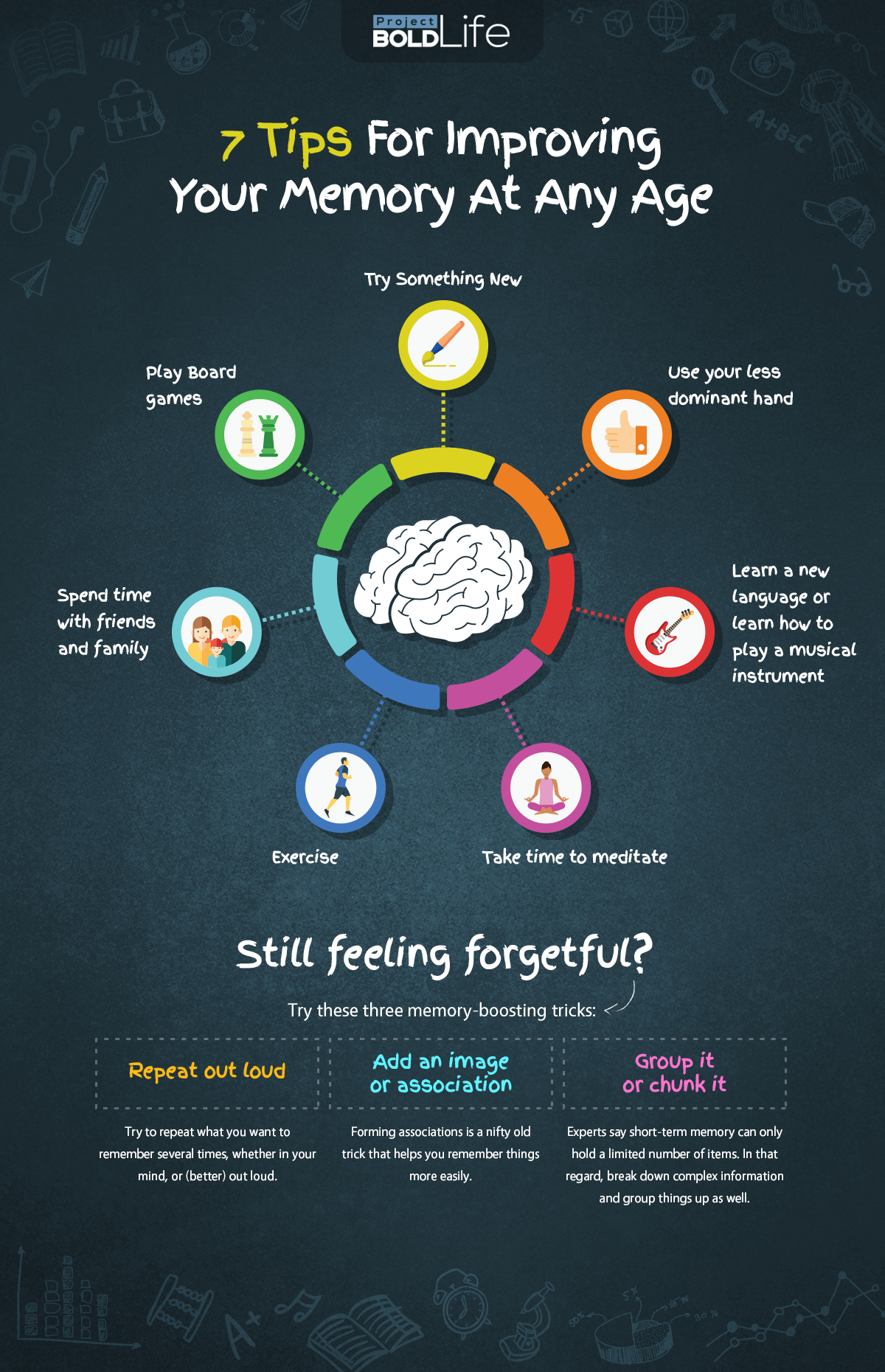When it comes to purchasing a new mattress, one of the most important factors to consider is the comfort rating. This is especially true for memory foam mattresses, as they are designed to provide optimal comfort and support for a good night's sleep. In this article, we will explain what a comfort rating is and why it matters when choosing a memory foam mattress.Memory Foam Mattress Comfort Rating Explained
The comfort rating of a memory foam mattress is a measure of how soft or firm the mattress is. This rating is usually on a scale of 1-10, with 1 being the softest and 10 being the firmest. A good comfort rating for a memory foam mattress depends on personal preference and sleeping habits. Some people may prefer a softer mattress for more cushioning, while others may opt for a firmer mattress for better support.What is a Good Comfort Rating for a Memory Foam Mattress?
When choosing a memory foam mattress, it is important to consider your sleeping preferences and habits. If you tend to sleep on your side, you may need a softer mattress to relieve pressure on your shoulders and hips. On the other hand, if you sleep on your back or stomach, a firmer mattress may be more suitable for proper spinal alignment.Choosing the Right Comfort Rating for Your Memory Foam Mattress
As mentioned before, the comfort rating for memory foam mattresses is typically on a scale of 1-10. Here is a breakdown of the different levels on the comfort scale: Extra Soft (1-2): These mattresses provide a sinking feeling and are best for people who prefer a plush and cushioned sleep surface. Soft (3-4): These mattresses offer a balance of softness and support, making them a good choice for side sleepers. Medium (5-6): This is the most common comfort level for memory foam mattresses. It provides a good balance of support and contouring for most sleepers. Firm (7-8): These mattresses are less conforming and are best for back and stomach sleepers who need more support and less sinkage. Extra Firm (9-10): These mattresses offer very little contouring and are best for people who prefer a firm and supportive sleep surface.Understanding the Comfort Scale for Memory Foam Mattresses
When shopping for a memory foam mattress, it is important to test out different comfort levels to determine which one is right for you. You can do this by visiting a mattress store and trying out different mattresses or by ordering a mattress with a sleep trial period. Pro Tip: If you are unsure of your preferred comfort level, opt for a medium comfort rating as it is the most versatile and can accommodate most sleepers.How to Determine the Comfort Rating of a Memory Foam Mattress
Several factors can affect the comfort rating of a memory foam mattress, including: Thickness: The thickness of the memory foam layer can greatly impact the comfort of a mattress. A thicker layer of memory foam will usually provide a softer and more cushioned feel. Density: The density of memory foam also plays a role in the comfort rating. Higher density foam is firmer and less conforming, while lower density foam is softer and more contouring. Body Weight: Your body weight can also affect how a memory foam mattress feels. Heavier individuals may need a firmer mattress for proper support, while lighter individuals may prefer a softer mattress for more cushioning. Sleeping Position: As mentioned before, your sleeping position can also impact the comfort rating. Side sleepers may prefer a softer mattress, while back and stomach sleepers may need a firmer one.Factors That Affect the Comfort Rating of a Memory Foam Mattress
When shopping for a memory foam mattress, you may come across different brands and models with varying comfort ratings. It is important to compare these ratings to ensure you are getting the right level of comfort for your needs. Reading reviews and trying out the mattresses yourself can also help in making an informed decision.Comparing Comfort Ratings of Different Memory Foam Mattresses
Ultimately, the best comfort rating for your memory foam mattress is one that meets your specific sleeping preferences. Take into consideration your sleeping position, body weight, and any other factors that may affect your comfort. Remember, a comfortable mattress can greatly improve the quality of your sleep and overall well-being.Finding the Best Comfort Rating for Your Sleeping Preferences
Investing in a good quality mattress is essential for a good night's sleep. The comfort rating is an important aspect to consider when buying a memory foam mattress as it directly affects how comfortable and supportive the mattress will be for you. So, make sure to pay attention to the comfort rating when making your purchase.The Importance of Comfort Rating When Buying a Memory Foam Mattress
If you already own a memory foam mattress but find that it is not as comfortable as you would like, there are a few things you can do to improve its comfort rating: Invest in a mattress topper: A mattress topper can add an extra layer of comfort and cushioning to your memory foam mattress. Adjust the room temperature: Memory foam can be affected by temperature, so adjusting the room temperature can make your mattress feel more comfortable. Rotate or flip the mattress: If your mattress has a dual-sided design, rotating or flipping it can help redistribute the foam and improve its comfort. By following these tips, you can make your memory foam mattress feel more comfortable and achieve your desired comfort rating. In conclusion, the comfort rating is an important factor to consider when buying a memory foam mattress. By understanding the rating system and considering your personal sleeping preferences, you can find the best comfort rating for a restful and comfortable night's sleep. Tips for Improving the Comfort Rating of Your Memory Foam Mattress
Benefits of Memory Foam Mattresses

Why Choose a Memory Foam Mattress?
 Memory foam mattresses have become increasingly popular in recent years due to their comfort and support. Unlike traditional spring mattresses, memory foam mattresses are made from a special type of foam that conforms to your body's shape, providing personalized support and pressure relief. This can greatly improve the quality of your sleep, as well as alleviate any aches and pains you may have.
Memory foam mattresses have a high comfort rating, making them a top choice for many people looking for a good night's sleep.
Memory foam mattresses have become increasingly popular in recent years due to their comfort and support. Unlike traditional spring mattresses, memory foam mattresses are made from a special type of foam that conforms to your body's shape, providing personalized support and pressure relief. This can greatly improve the quality of your sleep, as well as alleviate any aches and pains you may have.
Memory foam mattresses have a high comfort rating, making them a top choice for many people looking for a good night's sleep.
Comfort and Support
 One of the main reasons why memory foam mattresses have a high comfort rating is because of their ability to contour to your body's natural curves. This ensures that your entire body is supported, from your head and neck down to your feet. This helps to distribute your body weight evenly, reducing pressure points and providing a more comfortable sleep surface.
The unique ability of memory foam to conform to your body also means that it can help with proper spinal alignment, promoting better posture and reducing back pain.
One of the main reasons why memory foam mattresses have a high comfort rating is because of their ability to contour to your body's natural curves. This ensures that your entire body is supported, from your head and neck down to your feet. This helps to distribute your body weight evenly, reducing pressure points and providing a more comfortable sleep surface.
The unique ability of memory foam to conform to your body also means that it can help with proper spinal alignment, promoting better posture and reducing back pain.
Durability
 Another factor that contributes to the high comfort rating of memory foam mattresses is their durability. Unlike traditional spring mattresses that can lose their shape and support over time, memory foam mattresses are designed to maintain their shape and provide consistent support for many years. This means that you can enjoy the same level of comfort and support for the entire lifespan of your mattress.
Investing in a high-quality memory foam mattress can save you money in the long run, as you won't have to replace it as often as traditional mattresses.
Another factor that contributes to the high comfort rating of memory foam mattresses is their durability. Unlike traditional spring mattresses that can lose their shape and support over time, memory foam mattresses are designed to maintain their shape and provide consistent support for many years. This means that you can enjoy the same level of comfort and support for the entire lifespan of your mattress.
Investing in a high-quality memory foam mattress can save you money in the long run, as you won't have to replace it as often as traditional mattresses.
No Motion Transfer
 One of the biggest complaints about traditional spring mattresses is the issue of motion transfer. This occurs when movement on one side of the mattress is felt on the other side, causing disruptions in sleep for both partners. Memory foam mattresses, on the other hand, have minimal motion transfer due to their ability to absorb movement and isolate it to specific areas. This means that you and your partner can enjoy uninterrupted sleep without disturbing each other.
This feature is especially beneficial for couples who have different sleep schedules or are easily disturbed by movement.
One of the biggest complaints about traditional spring mattresses is the issue of motion transfer. This occurs when movement on one side of the mattress is felt on the other side, causing disruptions in sleep for both partners. Memory foam mattresses, on the other hand, have minimal motion transfer due to their ability to absorb movement and isolate it to specific areas. This means that you and your partner can enjoy uninterrupted sleep without disturbing each other.
This feature is especially beneficial for couples who have different sleep schedules or are easily disturbed by movement.
Conclusion
 In conclusion, memory foam mattresses have a high comfort rating due to their ability to conform to your body, provide proper support, and maintain their shape for many years. They also have the added benefits of reducing motion transfer and promoting better spinal alignment, leading to a more comfortable and restful sleep.
Investing in a memory foam mattress is a wise choice for anyone looking to improve the quality of their sleep and overall well-being.
In conclusion, memory foam mattresses have a high comfort rating due to their ability to conform to your body, provide proper support, and maintain their shape for many years. They also have the added benefits of reducing motion transfer and promoting better spinal alignment, leading to a more comfortable and restful sleep.
Investing in a memory foam mattress is a wise choice for anyone looking to improve the quality of their sleep and overall well-being.




